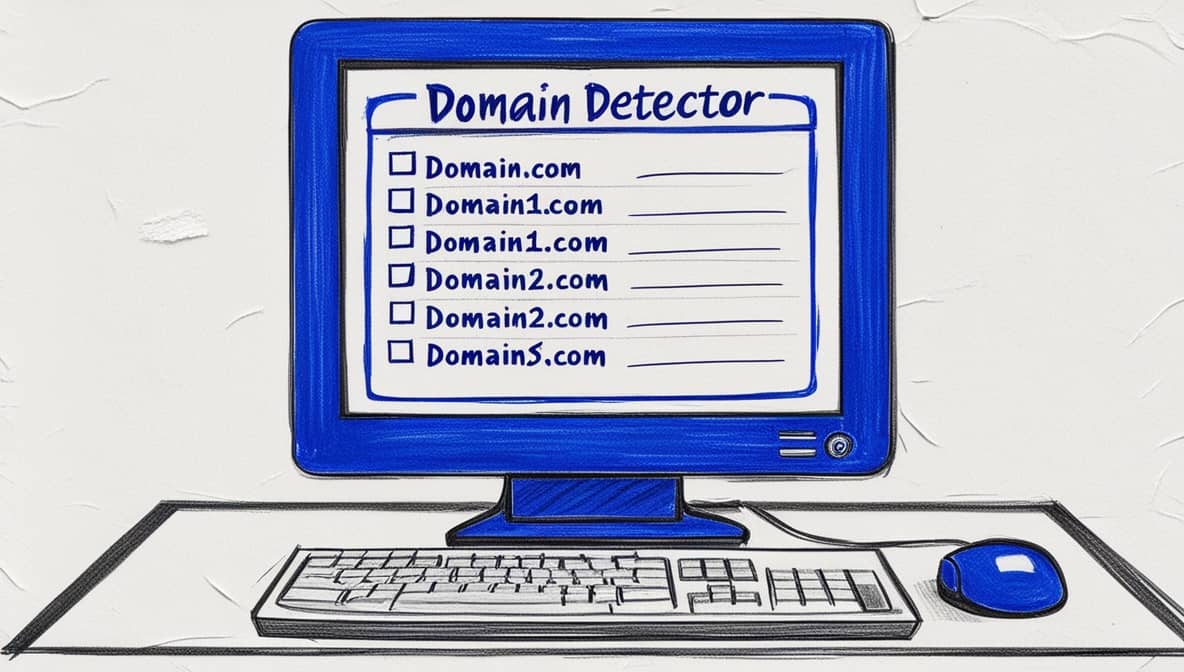Your domain name is more than just a web address—it’s a crucial part of your brand identity.
However, cybercriminals often exploit the similarity between legitimate domain names and slight variations to conduct scams. One effective strategy to protect your brand is to proactively register domain name variations, including common misspellings. This practice, known as defensive domain registration, can significantly reduce the risk of brand impersonation and phishing attacks.
Why Register Domain Variations?
- Prevent Brand Impersonation: By owning similar domains, you prevent scammers from using them to impersonate your brand.
- Protect Customer Trust: Ensuring customers always reach your legitimate site helps maintain their trust in your brand.
- Safeguard Against Phishing: Owning potential phishing domains reduces the chances of your customers falling victim to email scams.
- Control Your Online Presence: Registering variations gives you more control over how your brand appears online.
Types of Domain Variations to Consider
- Common Misspellings: Register domains that account for typical typing errors (e.g., “googel.com” for Google).
- Alternate TLDs: Secure your brand name across various top-level domains (.com, .net, .org, etc.).
- Hyphenated Versions: Register versions of your domain with and without hyphens.
- Plural/Singular Forms: If your domain is singular, consider registering the plural version and vice versa.
- Number Substitutions: Register versions where letters are replaced with similar-looking numbers (e.g., “ze4o” for “zero”).
- Homophone Domains: Secure domains that sound like your brand but are spelled differently.
Steps to Implement Defensive Domain Registration
- Audit Your Current Domains: List all the domains you currently own related to your brand.
- Brainstorm Variations: Think of all possible variations, including misspellings and alternate TLDs.
- Use Domain Generation Tools: Utilize tools like DomainTools or Namechk to find available variations.
- Prioritize Registrations: Focus on the most likely variations to be used in scams.
- Register Domains: Use a reputable domain registrar to secure the identified variations.
- Set Up Redirects: Point these domains to your main website to capture potential traffic.
- Monitor for New Variations: Regularly check for new domain registrations similar to your brand.
Best Practices
- Renew Automatically: Set your defensive domains to auto-renew to avoid accidental expiration.
- Use Privacy Protection: Consider using WHOIS privacy services for your defensive registrations.
- Monitor for Trademark Infringement: Regularly search for domains that might infringe on your trademark.
- Consider International Variations: If you operate globally, register country-specific TLDs (.co.uk, .de, etc.).
- Stay Informed: Keep up with new TLDs and emerging cybersecurity threats.
Challenges and Considerations
While defensive domain registration is beneficial, it comes with challenges:
- Cost: Registering multiple domains can be expensive, especially for small businesses.
- Management: Keeping track of numerous domains can be complex.
- Prioritization: It’s impossible to register every conceivable variation, so focus on the most critical ones.
- Evolving Threats: Scammers constantly find new ways to mimic domains, requiring ongoing vigilance.
Tools to Assist in Domain Variation Discovery
- DomainTools: Offers domain monitoring and suggestion services.
- DNSTwist: An open-source tool that generates domain variations.
- Namechk: Helps check domain availability across multiple TLDs.
- Have I Been Squatted: A free tool to check if similar domains exist.
Registering domain name variations is a proactive step in protecting your brand from online scams and impersonation. While it requires an investment of time and resources, the protection it offers to your brand and customers is invaluable. In the world of cybersecurity, prevention is always better than cure. Start safeguarding your brand today by implementing a comprehensive defensive domain registration strategy.


